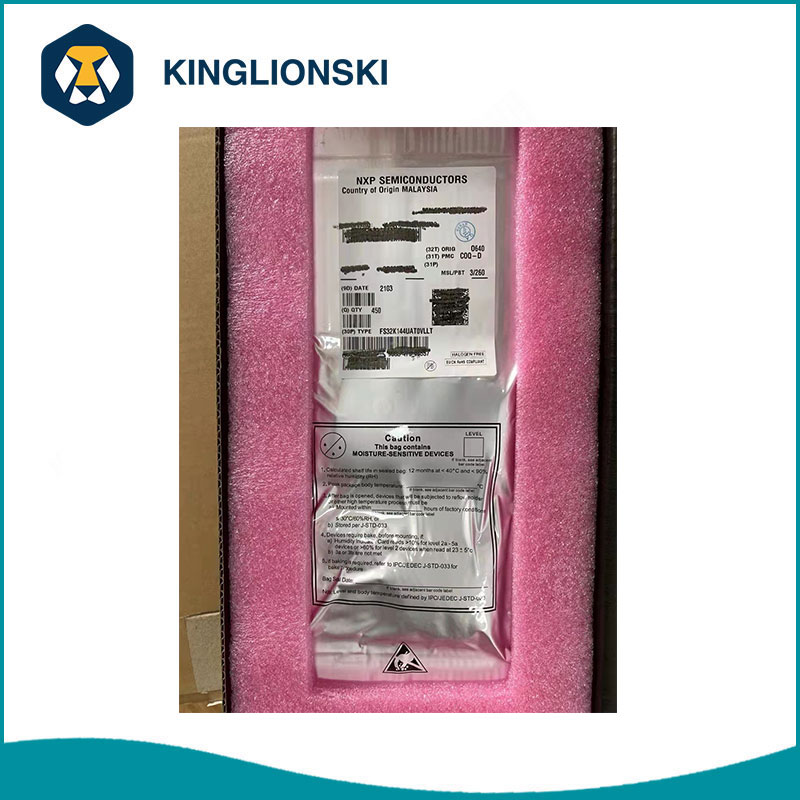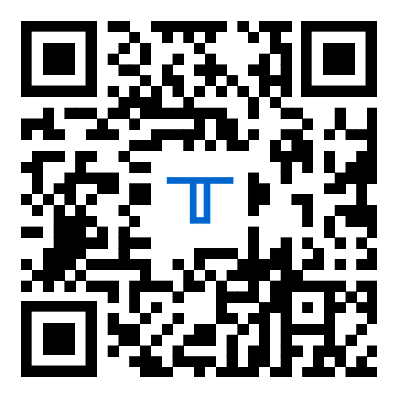Driving Innovation: NXP Semiconductors' Crucial Contributions to the Automotive Industry
2023-12-11
Introduction:
The automotive industry is undergoing a profound transformation, driven by advancements in technology and a shift toward smarter, more connected vehicles. At the forefront of this revolution stands NXP Semiconductors, a key player whose electronic components are instrumental in shaping the future of automotive innovation. In this blog, we explore how NXP contributes to the automotive industry with its cutting-edge electronic components.
Revolutionizing In-Vehicle Networking:
One of NXP's primary contributions to the automotive sector lies in its role as a pioneer in in-vehicle networking solutions. The company's comprehensive portfolio of automotive networking technologies facilitates the seamless communication between various electronic control units (ECUs) within a vehicle. From the Controller Area Network (CAN) to FlexRay and Ethernet, NXP's solutions provide the backbone for efficient and reliable data exchange among critical vehicle systems.
Enhancing Infotainment and Connectivity:
NXP's impact extends beyond the mechanics of a vehicle, influencing the entertainment and connectivity experiences within. The company's advanced processors and connectivity solutions power next-generation infotainment systems. From touch displays to audio processing units, NXP components enable immersive in-car entertainment, navigation, and connectivity features, elevating the driving experience for modern consumers.
Enabling Advanced Driver Assistance Systems (ADAS):
Safety is paramount in the automotive industry, and NXP is at the forefront of developing components that underpin Advanced Driver Assistance Systems (ADAS). These systems leverage radar, vision, and sensor technologies to enhance vehicle safety by providing features such as adaptive cruise control, collision avoidance, and automated parking. NXP's radar solutions, in particular, play a pivotal role in enabling precise and reliable object detection in real-time, contributing to the evolution of autonomous driving.
Securing Automotive Electronics:
As vehicles become more connected and reliant on electronic systems, cybersecurity becomes a critical concern. NXP addresses this challenge by incorporating robust security features into its automotive components. The company's secure microcontrollers and hardware security modules safeguard vehicle communication networks, protecting against cyber threats and ensuring the integrity of critical automotive functions.
Powering Electric and Hybrid Vehicles:
NXP's commitment to sustainable transportation is evident in its contributions to the development of electronic components for electric and hybrid vehicles. The company's power management solutions, battery management systems, and motor control technologies play a pivotal role in optimizing energy efficiency, extending battery life, and enhancing the performance of electric and hybrid vehicles.
Collaborating for the Future:
NXP recognizes the importance of collaboration in the automotive industry's evolution. The company actively engages with automakers, tier-one suppliers, and industry consortia to drive standardization and foster innovation. Through partnerships and alliances, NXP contributes to the creation of an interconnected automotive ecosystem that prioritizes safety, efficiency, and a superior driving experience.
Conclusion:
NXP Semiconductors stands as a linchpin in the automotive industry's technological evolution, shaping the vehicles of tomorrow. From in-vehicle networking solutions to advanced driver assistance systems and contributions to electric mobility, NXP's electronic components play a pivotal role in enhancing vehicle performance, safety, and connectivity. As the automotive industry continues its journey toward a more connected and autonomous future, NXP remains at the forefront, driving innovation and redefining the driving experience for generations to come.



